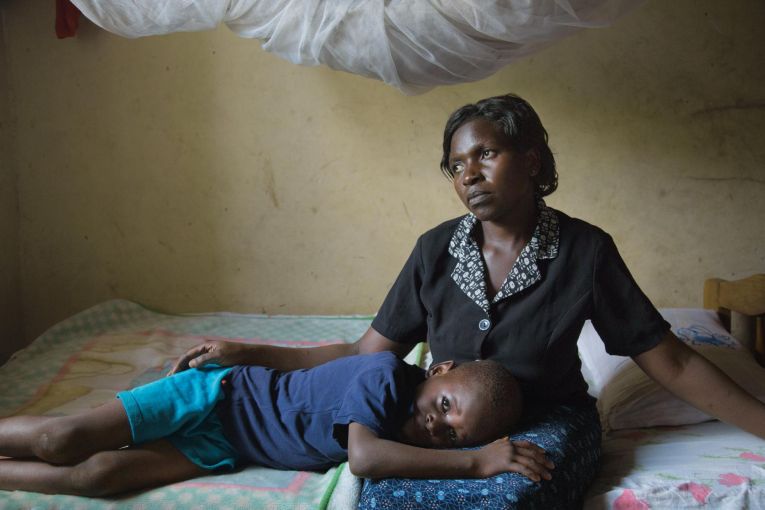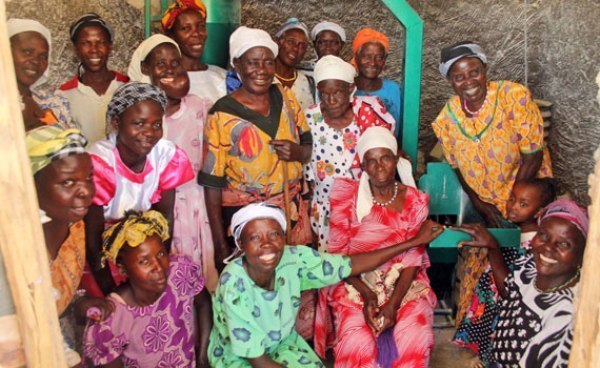Widowhood is an emerging global issue and must be addressed at all levels of the society, since the violations of widows’ human rights are obstacles to global social and economic development. According to the World Bank, 1 in 10 African women aged 15 and over are widows. This is a large number and thus have a noticeable impact on the society. The World Bank noted that 3% of women aged 15 – 49 are widowed; and at age 65, there are as many widows as there are married women; by age 80, 80% of African women are living in widowhood. The World Bank also noted that 72% of these women are head of the household. As such, due to their role in the family, poverty among these women is far-reaching; and the reality is that many widows are affected. A woman and her children could be left poor and destitute at the death of her husband.
In much of Africa, many women gain access to economic and social rights through marriage. However, when they divorce or are widowed much of the rights previously gained are lost. Gender inequality is the basis of a wider struggle that gives rise to some of the challenges faced by widows, and impedes their advancement. Widows are sometimes dispossessed of lands that may be their only means of income and have limited avenues for economic mobility.
In some instances, due to lack of education and training many widows are unable to support themselves and their children.
Widows are also subject to physical abuse. Violence against widows continue to be a concern; as widows fight to have their rights recognised. They are often deprived of resources to make effective changes in their lives at the micro level, and to their countries, due to the restraints that are placed on them by outdated laws and unfavourable customs. Many widows are not able to dictate their sexual lives, and may be forced or coerced into having sexual relations with their late husbands’ relatives or other men, which increases their exposure to sexual diseases including HIV and AIDS.
The lack of proper nutrition, access to health care and adequate housing are persistent issues.
In many African countries, including Kenya, there has not been a targeted focus on widows, as such, widows in general do not have the level of support required to assist them in a definite way. Widows were historically among the poorest, marginalised and vulnerable individuals in the western world in the late 19th and 20th centuries, however, introduction of pension schemes and widow benefits resulted in significant changes in the lives of those widows. This could one way to address the issue, over the long-term and should be an important goal as it pertains to legislation. However, the change has to start at the local or micro level where mechanisms can be put in place to support the immediate needs of widows.
This can be in the form of general training, providing tools and equipment and educational support for the children. Though challenging, this approach has proven to be effective and organisations such as Kee Widows work at the local level to assist widows.
To achieve sustainable results, institutions, organisations and government must work along with widows to bring about changes in various ways.



Awesome post! Keep up the great work! 🙂